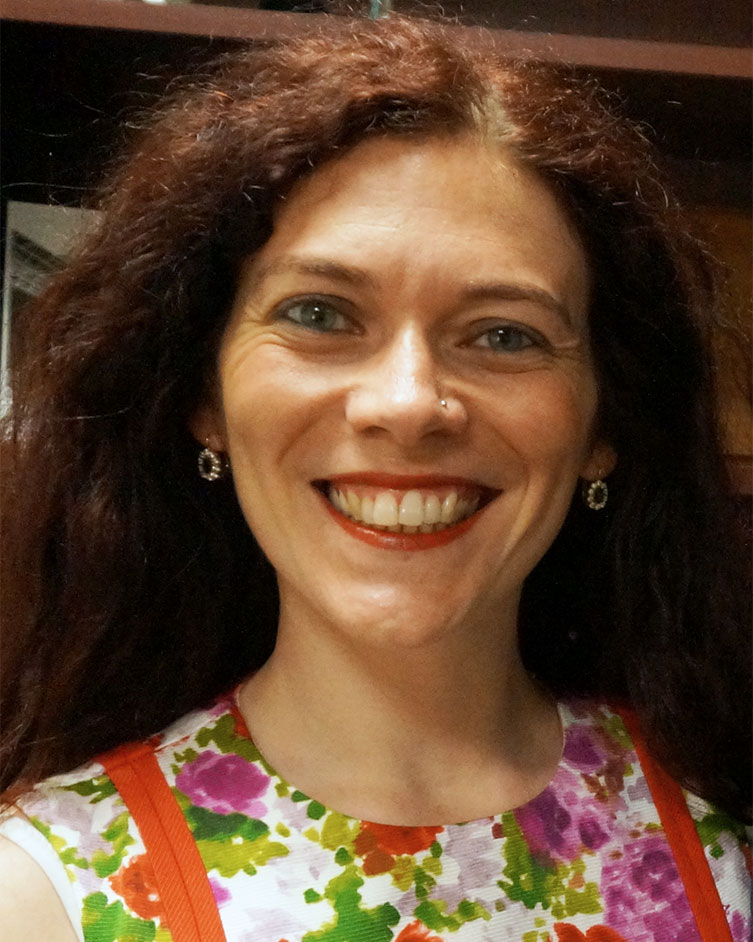Will Reside at Radcliffe Institute for Advanced Study at Harvard Next Academic Year
“I have really grown concerned about climate change, to the point that it gives me nightmares,” said Annalisa Quaini, University of Houston associate professor of mathematics.

It worries her so much that she decided to shift the application of her expertise in computational mathematics to climate change efforts.
This shift spurred her decision to apply to become a fellow at the Harvard Radcliffe Institute. The institute named Quaini a 2021-2022 William and Flora Hewlett Foundation Fellow.
She is joining a group of 52 distinguished artists, scientists, scholars and practitioners. The acceptance rate for the class, which represents nine countries, was 2.4%, from 1,383 applications. The scholars will reside at the Radcliffe Institute for Advanced Study at Harvard University for a full academic year.
“The idea is that people from different disciplines spend time together to work on their projects,” Quaini said.
Background in Biomedical Application
For years, Quaini used her expertise in computational mathematics, specifically numerical methods for partial differential equations, in biomedical applications.
For example, she and another mathematics professor in the College of Natural Sciences and Mathematics collaborated with Houston Methodist Hospital using math models and numerical methods to help the diagnosis of mitral valve regurgitation.
But recently, the issue of climate change has been unsettling for Quaini.
Particularly, the message from the United Nation’s Intergovernmental Panel on Climate Change is front of mind; failure to limit the global average temperature increase to 1.5 C (2.7 F) above pre-industrial levels would bring immense risks to health, livelihoods, food security, water supply and human security.
What troubles her even more is that although messaging from scientists is clear – people do not seem to take it seriously.
Using Models to Predict
Quaini adds that while the world waits for mitigation measures, like the deployment of clean energy, there are emergency strategies that could be considered.
That’s where her expertise comes in.
Her goal is to find a computationally efficient, or time-saving, method to represent the interaction between atmospheric particles and clouds and how that interaction can be represented in a global circulation model.
“I’m trying to put my expertise into the development of this tool that can be used by others to predict the effectiveness of climate change emergency measures,” Quaini said.
Her tool could be used to forecast environmental scenarios.
During this next year, thanks to the fellowship, she hopes she will obtain convincing preliminary results she can use to write proposals to federal funding agencies.
The Radcliffe Fellowship begins September 1 and ends May 31. It includes a stipend of $78,000 and funds for research, moving, childcare and housing expenses.
- Rebeca Trejo, College of Natural Sciences and Mathematics